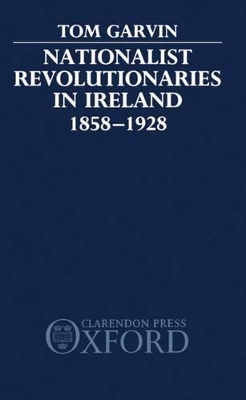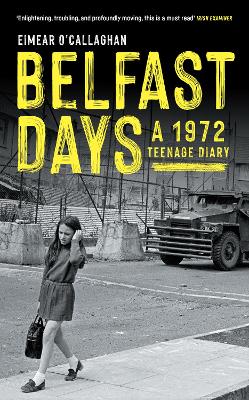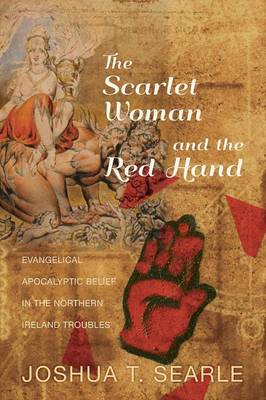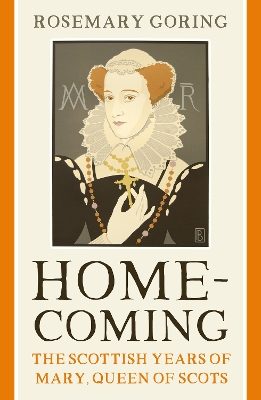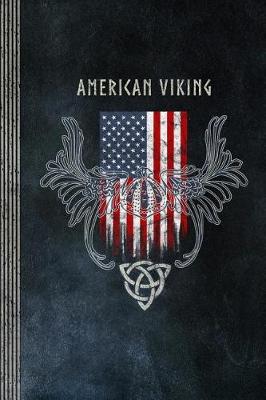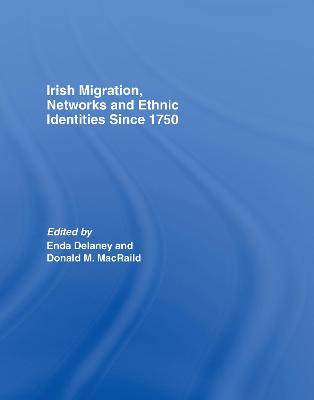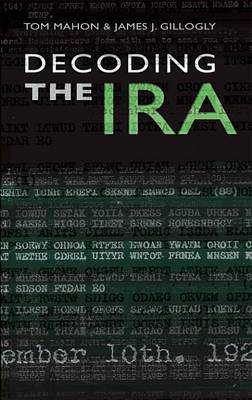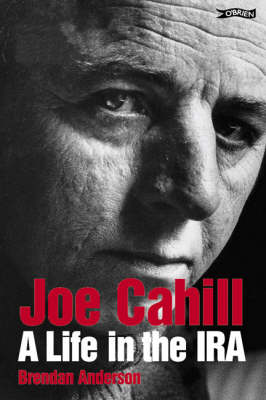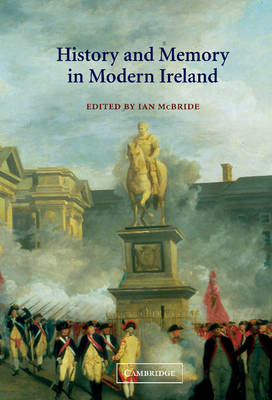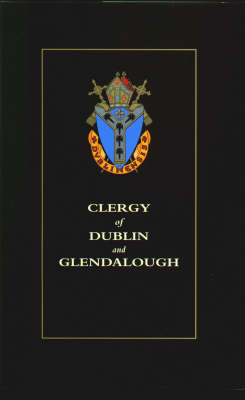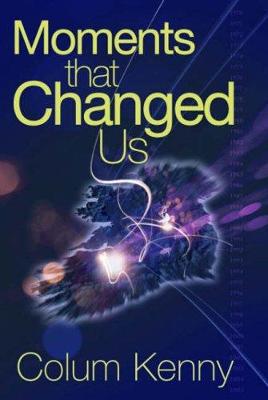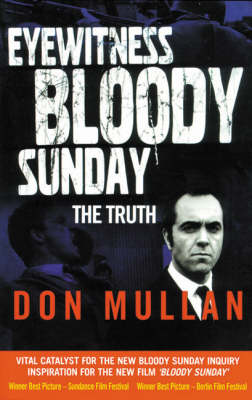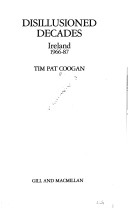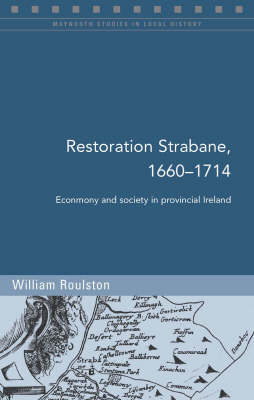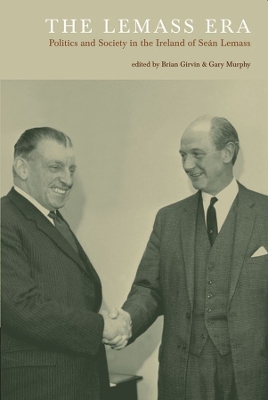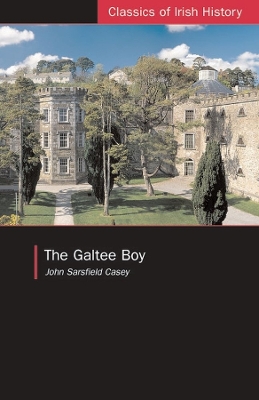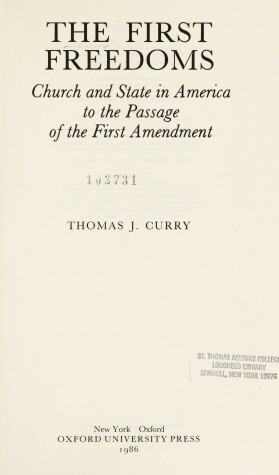With Irish Miscellany, author Dermot McEvoy lets you revel in the fun and fascinating explanations behind Irish traditions and folklore. He offers the answers to questions you've always had or never knew you had as he covers all aspects of Ireland. From Irish culture to ancient history to modern pastimes, this full-color book educates and entertains. Such facts include: The true history of Halloween Why the Celtic cross is such a staple icon of Ireland A history of the Irish Gaelic language Whe...
The present-day Irish Republic was created by a revolutionary elite which developed between 1858 and 1900. This book analyses the social origins of the revolutionaries who became rulers of Ireland after 1921, and examines their political ideologies and prejudices. The author argues that they were heavily influenced not only by ancient agrarian grievances and memories of the Famine, but also by contemporary Catholic abhorrence of the Protestant and secular world represented by England and America...
A comprehensive description of how evangelicals in Northern Ireland interpreted the 'Troubles' (1966 - 2007) in the light of biblical wisdom. The rich and diverse landscape of Northern Irish evangelicalism during the 'Troubles' is ideally suited to this study of both the light and dark sides of apocalyptic eschatology. Searle demonstrates how the notion of apocalypse shaped evangelical and fundamentalist interpretations of the turbulent events that characterized this dark yet fascinating period...
One of the most famous queens in history, Mary Stuart lived in her homeland for just twelve years: as a dauntless child who laughed at her friendsʼ seasickness as they sailed to safety in France and later, on her return as a 18-year-old widow to take control of a nation riven with factions, dissent and religious strife. Brief though her time in Scotland was, her experience profoundly influenced who she was and what happened to her. In this book, Rosemary Goring tells the story of Mary’s Scottish...
Irish Migration, Networks and Ethnic Identities since 1750
This collection of essays demonstrates in vivid detail how a range of formal and informal networks shaped the Irish experience of emigration, settlement and the construction of ethnic identity in a variety of geographical contexts since 1750. It examines topics as diverse as the associational culture of the Orange Order in the nineteenth century to the role of transatlantic political networks in developing and maintaining a sense of diaspora, all within the overarching theme of the role of netwo...
The partnership of one of Ireland's best-known authors, Peter Somerville-Large, and well-known photographer, Tom Kelly, proves successful in Legendary Ireland. A collection of magnificent photographs of Irish landscape, art, architecture, and people, accompanied by lucid descriptions and historical significance, this book will surely delight lovers of Ireland, folklore enthusiasts, and those who love the art of photography alike.
"I was born in a united Ireland, I want to die in a united Ireland". Born in Belfast in 1920, Joe Cahill has been an IRA man motivated by this ambition all his life. IRA activists rarely speak about their lives or their organisation, but here Cahill gives his full and frank story, his viewpoint, his experiences - from Northern Irish prison cells of the 1940s, on a death sentence, to Washington when the Good Friday Agreement was being negotiated. He tells of the visit he made to Colonel Gaddafi t...
History and Memory in Modern Ireland
Discussing the relationship between the past and the present in Irish society, this 2001 title outlines the ways in which Irish identities have been shaped by oral tradition, icons and images, rituals, and re-enactments. It examines pivotal moments in Irish history, such as the 1798 rebellion, the Famine, the Great War, and the Northern Ireland troubles, investigating the ways in which they have been recalled, commemorated and mythologised. Beginning with the conviction that commemoration has i...
Clergy of Dublin and Glenalough
Ireland has changed enormously since the 1960s. The old country is barely recognisable today. Crucial moments in that process of transformation are the subject of Colum Kenny's new book. He recalls a series of linked events which, taken together, fired the engines of social, economic and cultural change in modern Ireland. He gathers his material by themes: Mother and Child (including education, school beatings, working mums); Violence (including the vanished, random attacks and atrocities); Ritu...
The Little Book of County Wexford is a compendium of fascinating, obscure, strange, entertaining and often-overlooked facts about one of Ireland's most historic counties. This selection, compiled over many years of research, includes little-known facts about Wexford's quaint villages and bustling towns, its famous (and occasionally infamous) men and women, its music and poetry, and the events that have shaped it. A reliable reference book and a quirky guide, this can be dipped into time and ti...
Restoration Strabane, 1650-1710 (Maynooth Studies in Local History)
by William J Roulston
"The Age of Lemass" focuses on the impact of Sean Lemass on Irish politics and society between 1945 and 1973. Although Lemass had been active in Irish politics from 1916 and became Minister for Industry and Commerce in 1932 in the first de Valera government, the essays here suggest that his influence was greatest after 1945. Lemass developed his thinking to meet the challenges of the post-war world, and although he was sixty in 1959, he sought to modernize Irish society. Thus it can be argued th...
This very vivid memoir describes the prison experiences of a Cork Fenian activist, John Sarsfield Casey. 'The Galtee Boy' was a name used by Casey when he sent letters for publication to newspapers, one of which was used against him at his trial in 1865. His memoir was written after he had returned from deportation and describes the period from his arrest in 1865, his trial in Cork and conditions in Mountjoy, Millbank, Pentonville and Portland prisons. His memoir is the most extensive surviving...
Is government forbidden to assist all religions equally, as the Supreme Court has held? Or does the First Amendment merely ban exclusive aid to one religion, as critics of the Court assert? After years of debate the controversy still rages on, with both positions now more solidified but neither side victorious. The First Freedoms studies the Church-State context of colonial and revolutionary America to provide a bold new reading of the historical meaning of the religion clauses of the First Amen...
The History of the Great Irish Famine of 1847, with Notices of Earlier Irish Famines (Dodo Press)
by Rev John O'Rourke

